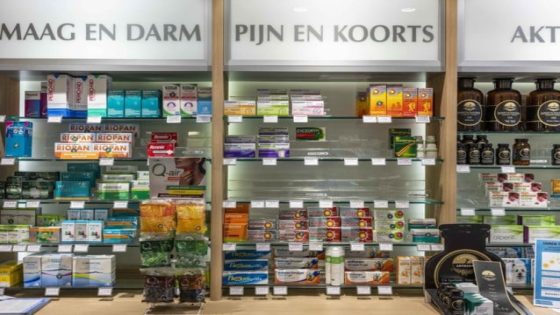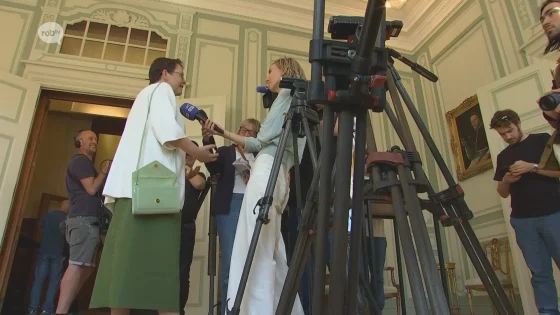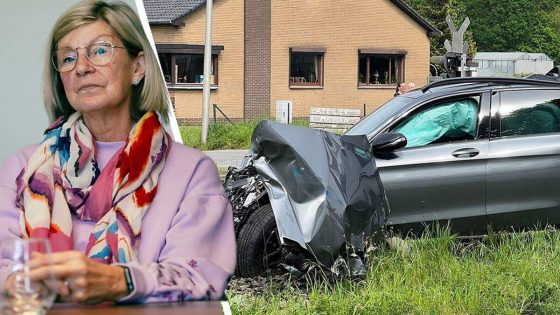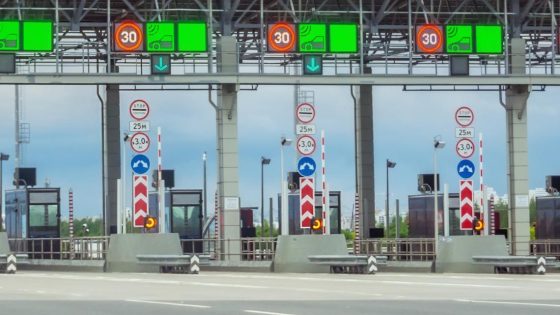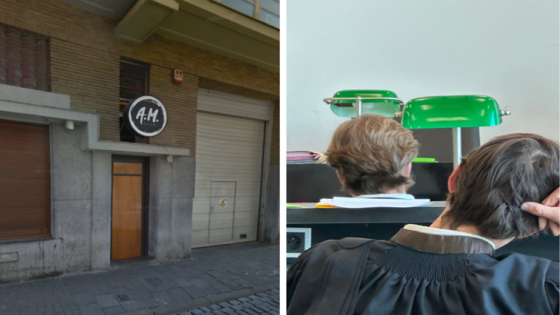On 2025-05-23 21:20:00, Brussels saw a significant legal ruling as six members of a criminal organisation were convicted for obtaining rare medicines through forged prescriptions. These medicines, reserved for patients with serious illnesses like cancer and diabetes, were fraudulently acquired from various pharmacies across Belgium.
- Criminal gang obtained medication via fake prescriptions
- Rare medicines meant for cancer patients stolen
- Over €100,000 earned from social security fraud
- Medicines resold abroad by criminal network
- Six suspects sentenced up to four years
- Court confiscated earnings and a Mercedes-Benz
The gang exploited the social security system by copying hundreds of fake electronic prescriptions to access these high-demand drugs. They then sold the medicines abroad at inflated prices, reportedly earning over €100,000. How could such a scheme go unnoticed for so long, and what does this mean for patient safety in Belgium?
This case raises urgent questions about the security of prescription systems and the protection of vulnerable patients. The following Fast Answer summarises the impact on Belgian healthcare and justice.
What does this conviction tell US about the fight against pharmaceutical fraud in Belgium? It shows the importance of robust oversight and the risks posed by criminal networks targeting healthcare. Key points include:
- Criminals copied hundreds of electronic prescriptions to obtain expensive, socially reimbursed medicines.
- The medicines were reserved for severe conditions but were diverted for illegal resale abroad.
- The Brussels prosecutor’s office led a large-scale investigation resulting in prison sentences and asset confiscations.
- The case exposes vulnerabilities in prescription verification and pharmacy controls nationwide.
As Belgium moves forward, strengthening electronic prescription security and pharmacy vigilance will be crucial to prevent similar abuses. Will healthcare providers and regulators implement new safeguards swiftly enough to protect patients and public trust?



